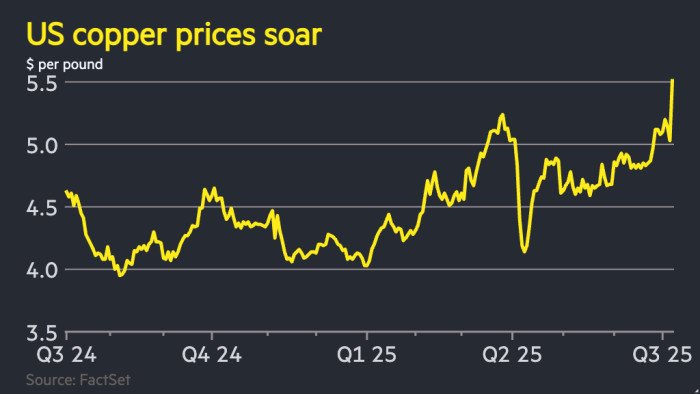
Political Tensions Rise as Town Halls Across America Turn Contentious
Heated Confrontations Between Lawmakers and Constituents Signal Growing Public Frustration
In recent weeks, town halls across the United States have become flashpoints of political tension, with lawmakers from both parties facing increasingly hostile confrontations from constituents. These face-to-face meetings, once a cornerstone of American democratic engagement, now frequently devolve into shouting matches that highlight the deepening divisions in American politics.
Democratic Congressman Sean Casten Forced to End Town Hall Early
Democratic Congressman Sean Casten of Illinois recently experienced firsthand the volatile nature of these public forums when pro-Palestinian protesters disrupted his town hall event. The confrontation grew so heated that police ultimately advised Casten to end the event early due to safety concerns.
“The whole thing just makes me sad,” Casten stated in a CNN interview following the incident. Despite having held regular town halls throughout his six-year tenure—increasing their frequency to weekly meetings after the Trump election—this marked the first time safety concerns forced an early conclusion.
Casten emphasized that despite the disruption, he remains committed to continuing these public forums. “We will absolutely continue to hold town halls,” he affirmed, while acknowledging that future events may require greater coordination with local law enforcement to ensure public safety.
Republican Lawmakers Face Similar Backlash
The contentious atmosphere isn’t limited to Democratic representatives. Republican lawmakers are also encountering significant pushback from their constituents, particularly regarding Department of Justice cuts implemented by the Trump administration.
Wyoming Congresswoman Harriet Hagaman faced vocal opposition during her town hall, with attendees challenging her positions on budgetary decisions. One constituent notably made references to Elon Musk and his South African origins, highlighting another emerging point of political contention.
Growing Criticism of Elon Musk’s Government Role
Criticism of Elon Musk’s involvement in government affairs has become a recurring theme at Democratic events. Minnesota Governor Tim Walz referenced Musk as an “unelected South African nepo baby firing people at the V.A.” at a recent event, signaling what may become a key talking point for Democrats heading into the 2026 midterm elections.
Maria Cardona, a Democratic strategist and CNN political commentator, suggested this criticism resonates with voters across the political spectrum: “The American people don’t support what Elon Musk is doing. And in poll after poll and focus group after focus group, Elon Musk has been a target of voters’ ire, not just Democrats, but independents and Republicans as well.”
Partisan Interpretations of Public Frustration
Democrats view the criticism of Musk as legitimate concern over an unelected figure wielding significant government influence. Cardona characterized Musk’s role as “demolishing civil society” while claiming to combat waste, fraud, and abuse.
Republicans, meanwhile, interpret the attacks differently. Matt Mauer, a former Trump administration official, described the criticisms as “xenophobic tropes” aimed at discrediting someone who is “simply working at the request of the duly elected president of the United States.”
The Future of Town Halls in American Politics
Despite the increasingly hostile environment, lawmakers from both parties acknowledge the continued importance of town halls. These forums remain vital channels for constituents to voice concerns directly to their elected representatives, even as they become more difficult to manage.
CNN correspondent Arlette Zine noted that town halls have traditionally been a staple of American politics, particularly in the first year of a new administration. The current tensions suggest this tradition may be evolving, with increased security measures becoming necessary to facilitate the civil discourse these events are intended to promote.
As polarization continues to define American politics, these face-to-face encounters between lawmakers and their constituents provide a revealing window into the challenges facing democratic governance in an increasingly divided nation.






